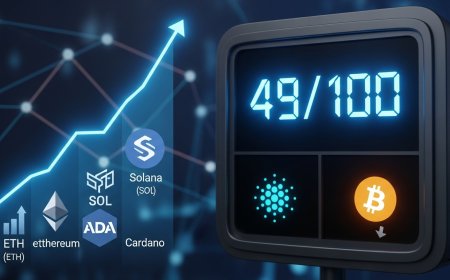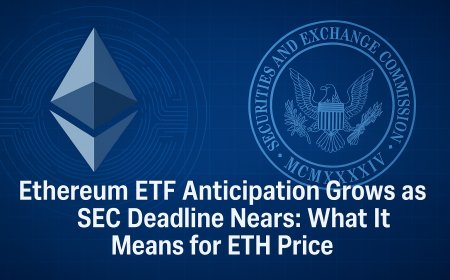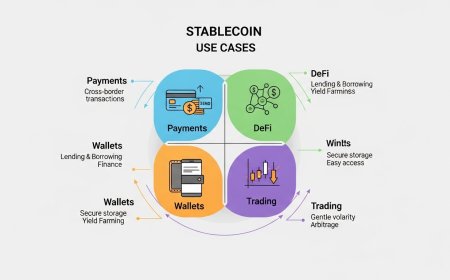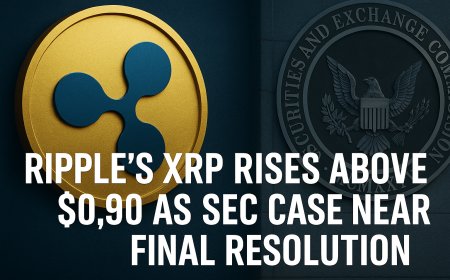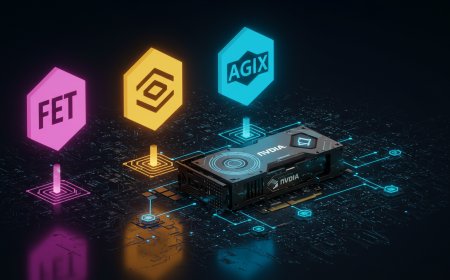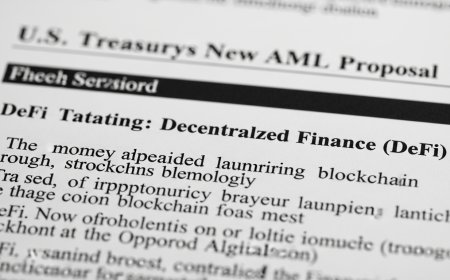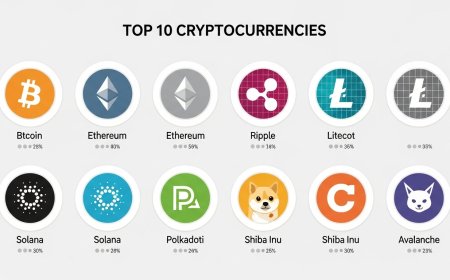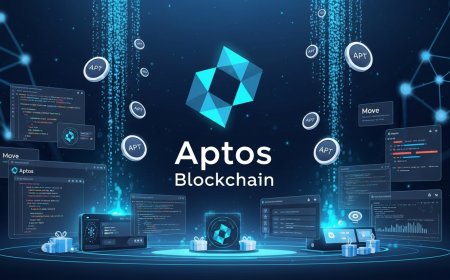Ethereum Finalizes EIP-7623 for Privacy-Enhanced Smart Contracts
Ethereum devs approve EIP-7623, introducing zero-knowledge privacy layers to smart contracts for DeFi and enterprise.

Understanding EIP-7623: Calldata Cost Optimization for Ethereum
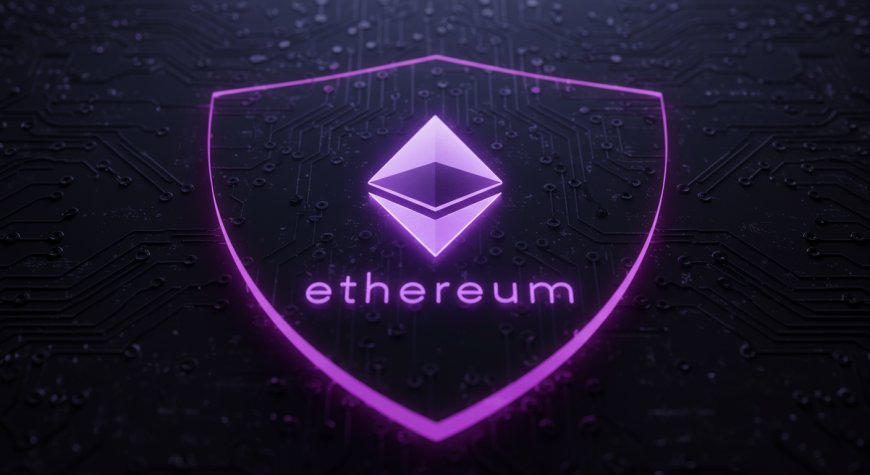
Important Clarification
There appears to be a misunderstanding in the original request. Based on current documentation and research, EIP-7623 is not primarily focused on privacy enhancements for smart contracts. Instead, it's a proposal specifically designed to optimize calldata costs and reduce maximum block size on the Ethereum network.
Overview of EIP-7623
EIP-7623 proposes adjusting the calldata cost to reduce the maximum possible block size and its variance without negatively impacting regular users. This is achieved by increasing calldata costs for transactions that predominantly post data. The proposal introduces a floor price for non-zero bytes at 48 gas and zero-bytes at 12 gas.
The core mechanism works by implementing a cost floor that affects transactions using Ethereum primarily for data availability (DA) purposes, rather than traditional smart contract execution. This targets Layer 2 solutions and other protocols that use Ethereum's mainnet primarily for data storage rather than computation.
Technical Implementation Details
Calldata Cost Structure
EIP-7623 aims to recalibrate the cost of calldata bytes, with the TOTAL_COST_FLOOR_PER_TOKEN reduced from 16 to 12 in the current status of the EIP. The proposal establishes a minimum cost threshold that ensures transactions carrying large amounts of data pay proportionally more for network resources.
Block Size Management
The primary objective is to manage block size variance and create room for future scaling improvements. This comes with reducing the variance in block size and makes room for scaling the block gas limit or the blob count. This approach helps maintain network stability while allowing for controlled growth.
Significance for Ethereum Users and Developers
Impact on Regular Users
The proposal is designed to have minimal impact on typical Ethereum users who interact with smart contracts for standard decentralized applications (DeFi, NFTs, etc.). Regular transaction costs remain largely unchanged, as these transactions typically don't carry excessive calldata.
Impact on Layer 2 Solutions
The most significant impact falls on Layer 2 solutions and rollups that use Ethereum's mainnet for data availability. These protocols will face higher costs for posting large amounts of data, encouraging more efficient data usage and potentially accelerating the adoption of blob storage introduced in EIP-4844.
Developer Considerations
Smart contract developers need to be aware of the cost implications when designing applications that involve significant data storage or posting. This may influence architectural decisions, particularly for applications that bridge multiple chains or require extensive data logging.
Network Optimization Benefits
Improved Predictability
By reducing block size variance, EIP-7623 helps create more predictable network behavior. This stability benefits both users and infrastructure providers by making gas estimation more reliable and reducing the likelihood of network congestion spikes.
Scalability Preparation
The proposal creates headroom for future scalability improvements. By controlling the maximum block size, Ethereum can more safely implement other scaling solutions, such as increasing the base gas limit or expanding blob capacity.
Implementation Challenges and Considerations
Economic Implications
Transaction bundling is often impractical due to challenges such as trust and coordination requirements. The proposal accounts for these practical limitations to ensure the intended economic effects are achieved.
Transition Period
Implementing EIP-7623 requires careful coordination with Layer 2 protocols and other data-heavy applications. These systems need time to adapt their cost models and potentially migrate to more efficient data storage solutions.
Monitoring and Adjustment
The effectiveness of the proposal will require ongoing monitoring to ensure it achieves its intended goals without creating unintended consequences for legitimate use cases.
Current Status and Timeline
As of the latest information available, EIP-7623 is being actively discussed and analyzed within the Ethereum community. The proposal aims to make gas costs fairer and better reflect resource consumption by users. The implementation timeline depends on community consensus and testing results.
Conclusion
EIP-7623 represents an important optimization for Ethereum's infrastructure, focusing on economic efficiency rather than privacy enhancements. While it doesn't introduce new privacy features for smart contracts, it plays a crucial role in preparing the network for future scaling solutions and ensuring fair resource allocation.
The proposal demonstrates Ethereum's commitment to continuous improvement and sustainable growth, addressing infrastructure challenges while maintaining the network's core functionality and accessibility for regular users.
Note: This article reflects the current understanding of EIP-7623 as of July 2025. For the most up-to-date information, readers should consult the official Ethereum Improvement Proposal documentation and ongoing community discussions.
What's Your Reaction?
 Like
0
Like
0
 Dislike
0
Dislike
0
 Love
0
Love
0
 Funny
0
Funny
0
 Angry
0
Angry
0
 Sad
0
Sad
0
 Wow
0
Wow
0







